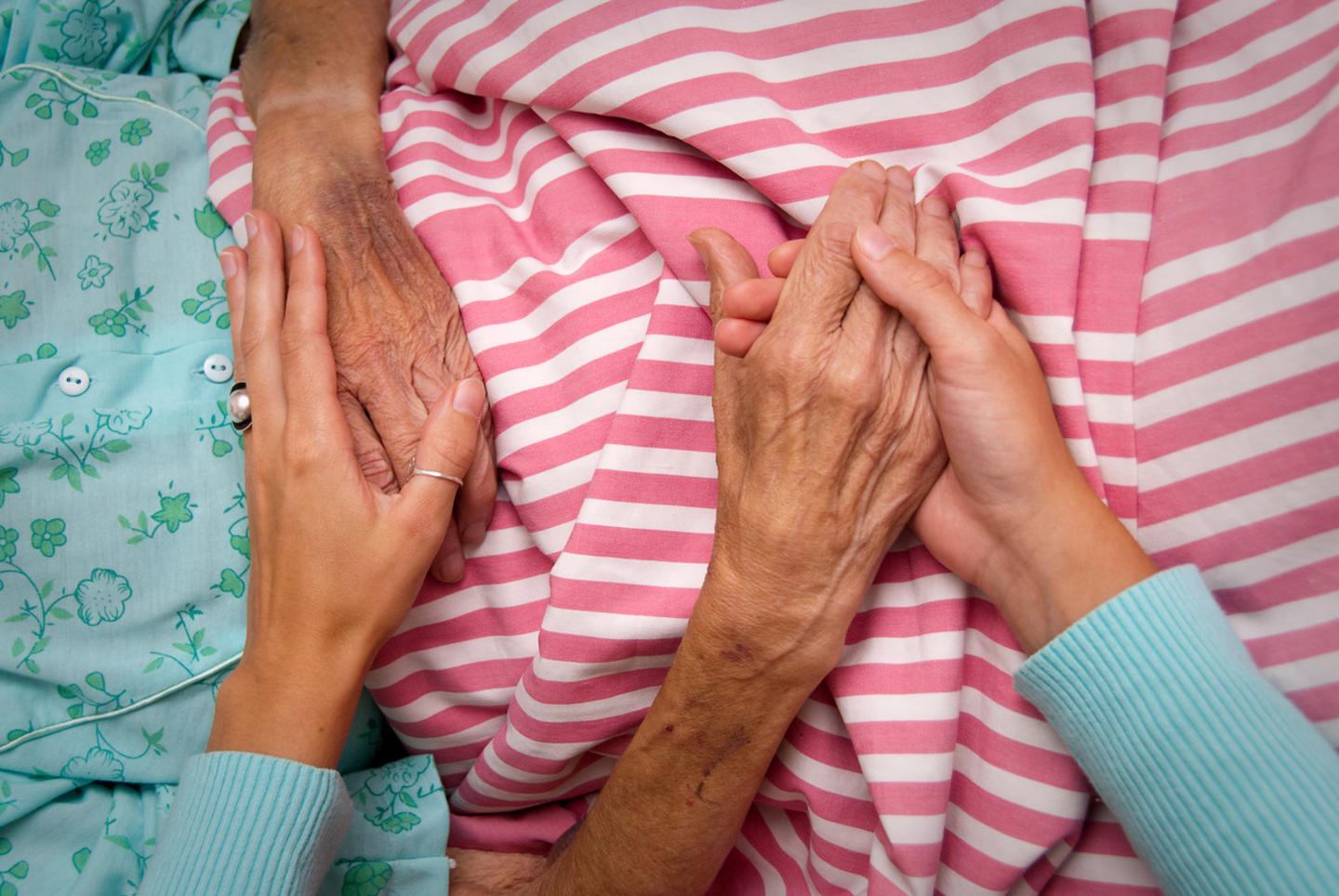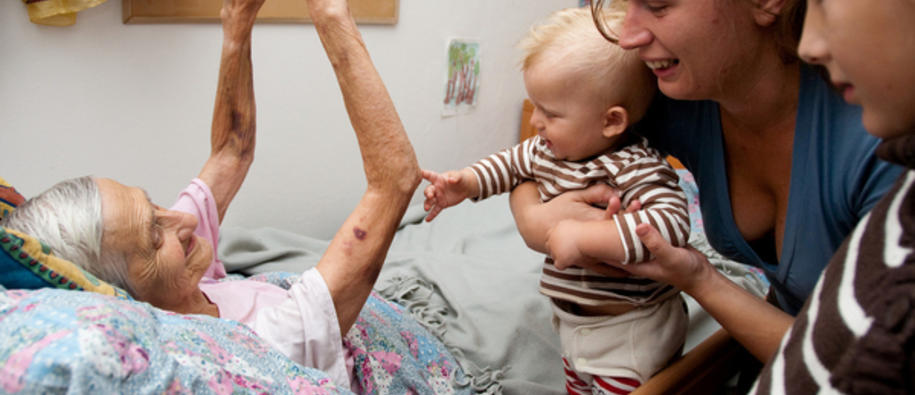“In a survey we carried out, responses showed that 78% of people would prefer to spend their final days at home. Instead, most of the 105 000 people who die in our hospice each year spend their final days in a hospital (60%). In comparison with Western countries, this percentage is rather high and there is no acceptable clinical explanation for it,” said Marek Uhlíř, head of the mobile hospice Cesta domů (The Homecoming).
With support from the EEA Grants, Cesta domů set out to improve the conditions of palliative care for the terminally ill in the Czech Republic and to take another step towards a change in the care system.
Counselling centre
“Ten days ago Dad learnt that he has cancer. It is shocking for him and for us too. A month ago he was playing tennis with his grandson; two weeks ago we planned a vacation in the mountains – and now this. We don’t know how to talk to him.”
These are typical words that Uhlíř hears in initial conversations at the information centre which provides counselling in person, over the telephone or online to individuals who are dying, as well as to their caregivers and family members. For a person facing a critical illness, either his own or the illness of a loved one, navigating the treatment options, as well as caregiving services and social welfare can be daunting. It is often helpful to talk to someone from the outside, who is not personally involved in the situation and better able to consider the priorities.
Improving information
As well as stepping up their service provision, Cesta domů has also been able to expand their information activities. The project finished in April 2016, with some impressive results:
- More than 2 000 clients received advice and support
- An ‘A-to-Z’ - ‘Home Care Guide’ - developed addressing the issues of how to take care of a loved one to make him or her feel better, and how to minimise burn-out for the caregiver
- An information leaflet called ‘Palliative Care in a Nutshell’ designed for general practitioners
- Three four-day courses on basic palliative care held for 100 medical staff - covering topics such as communicating bad news, honouring wishes expressed earlier or predicting the likely course of an illness
- Several lectures organised for doctors about general palliative care
More
Overview of EEA Grants NGO programmes

